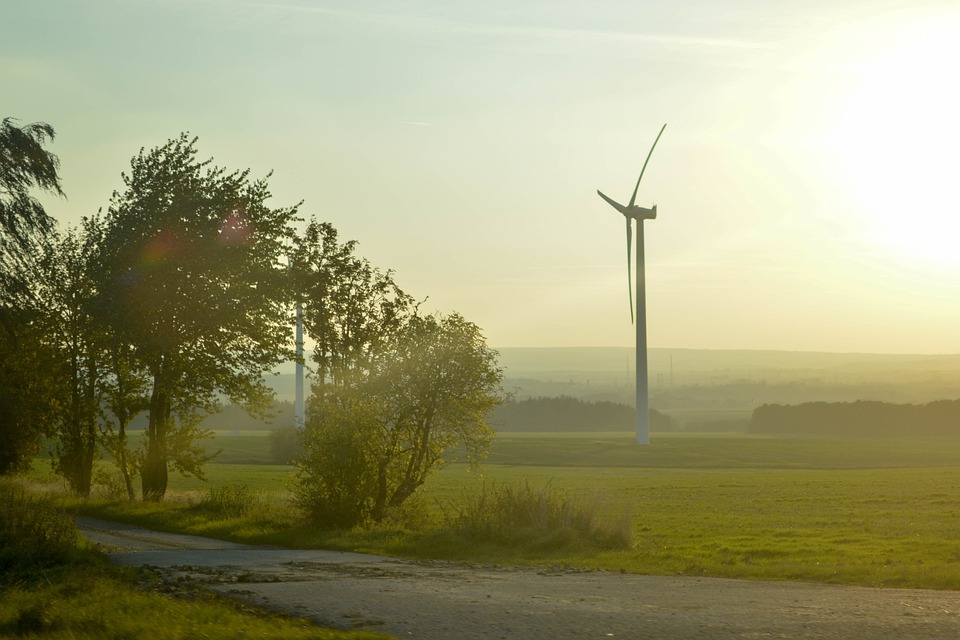Introduction
Power engineering plays a vital role in ensuring the reliable and efficient operation of our daily lives. From the moment we turn on the lights in the morning to the moment we charge our smartphones at night, power engineering is what makes it all possible. In this article, we will explore the world of power engineering, its applications, and provide a career guide for those interested in pursuing a career in this field.
The Basics of Power Engineering
Power engineering is a multidisciplinary field that deals with the generation, transmission, and distribution of electrical power. It involves the design, construction, and operation of power plants, transmission and distribution systems, and equipment. Power engineers work with a wide range of systems, including:
Generation
Power plants generate electrical power using various sources, such as fossil fuels, nuclear energy, and renewable energy sources like solar and wind power. Power engineers design and operate these power plants to ensure efficient and reliable power generation.
Transmission
Transmission systems carry electrical power from the generating stations to the distribution system. Power engineers design and operate transmission lines, towers, and substations to ensure the safe and reliable transmission of power.
Distribution
Distribution systems distribute electrical power to consumers. Power engineers design and operate distribution lines, transformers, and substations to ensure the safe and reliable distribution of power.
Applications of Power Engineering
Power engineering has a wide range of applications across various industries, including:
Electric Utilities
Power engineers working in electric utilities design, operate, and maintain the power generation, transmission, and distribution systems.
Manufacturing and Industry
Power engineers working in manufacturing and industry design and implement power systems for industrial plants, factories, and machinery.
Government and Public Services
Power engineers working in government and public services design and implement power systems for public buildings, such as schools, hospitals, and government offices.
Residential and Commercial Buildings
Power engineers working in residential and commercial buildings design and implement power systems for homes, offices, and commercial buildings.
Career Guide
A career in power engineering can be rewarding and challenging. Here are some tips to get you started:
Education
A bachelor’s or master’s degree in a relevant field such as electrical engineering, power engineering, or a related field is typically required. Many employers also require certifications such as the Professional Engineer (PE) license.
Skills
Power engineers need strong analytical and problem-solving skills, as well as communication and teamwork skills. Knowledge of electrical power systems, transmission and distribution systems, and power generation systems is essential.
Job Roles
Some common job roles in power engineering include:
* Power plant operator
* Transmission engineer
* Distribution engineer
* Design engineer
* Operations and maintenance engineer
Salary and Job Prospects
Power engineers can expect competitive salaries and good job prospects. According to the Bureau of Labor Statistics, the median annual salary for power engineers in the United States is around $90,000.
Conclusion
Power engineering is a dynamic and challenging field that requires a strong foundation in science, technology, engineering, and mathematics (STEM) subjects. With the increasing demand for energy and the need for sustainable power systems, the career prospects in power engineering are bright. Whether you’re interested in working in electric utilities, manufacturing, government, or residential and commercial buildings, a career in power engineering can be rewarding and challenging.
FAQs
Q: What is power engineering?
A: Power engineering is a multidisciplinary field that deals with the generation, transmission, and distribution of electrical power.
Q: What are some common job roles in power engineering?
A: Some common job roles in power engineering include power plant operator, transmission engineer, distribution engineer, design engineer, and operations and maintenance engineer.
Q: What are the requirements for becoming a power engineer?
A: Typically, a bachelor’s or master’s degree in a relevant field such as electrical engineering, power engineering, or a related field is required. Many employers also require certifications such as the Professional Engineer (PE) license.
Q: What are some of the skills required to be a power engineer?
A: Power engineers need strong analytical and problem-solving skills, as well as communication and teamwork skills. Knowledge of electrical power systems, transmission and distribution systems, and power generation systems is essential.
Q: What are some of the challenges faced by power engineers?
A: Power engineers face challenges such as designing and operating power systems to meet increasing demand for energy, ensuring the reliability and efficiency of power systems, and implementing sustainable and renewable energy sources.




_2.png?w=150&resize=150,150&ssl=1)


